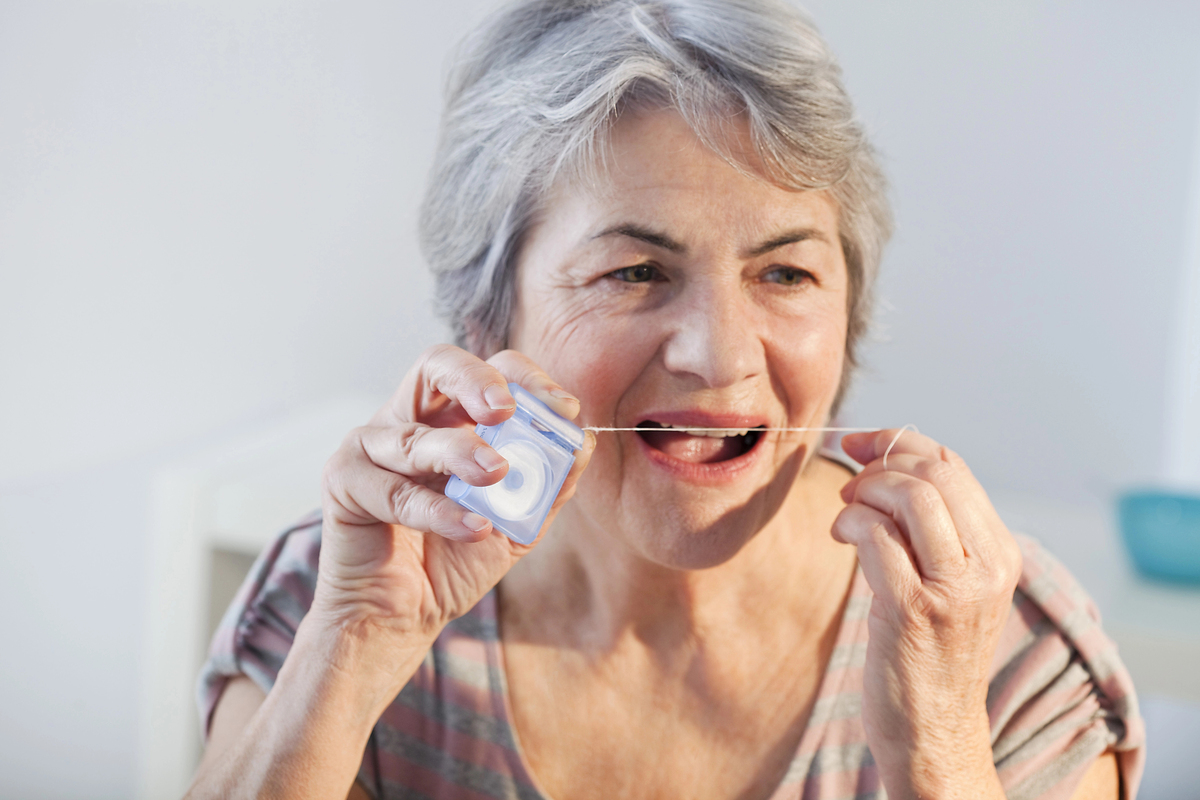Oral Health Tips For Seniors

Maintaining good oral health is crucial at any age, but it becomes increasingly important as we grow older. With age, we may face unique dental challenges that require special attention and care. This blog post provides practical and professional advice on maintaining optimal senior's oral health, ensuring a healthy mouth and a bright smile.
Understanding the Importance of Senior's Oral Health
Oral health is a key component of overall health and well-being. As we age, our dental needs change, and neglecting oral care can lead to discomfort, disease and the loss of teeth. Healthy teeth and gums contribute to better nutrition, confidence in social situations and a decrease in the risk of chronic diseases linked to poor oral health, such as heart disease and diabetes. Therefore, it is essential to prioritize dental care and adapt our oral hygiene practices as we age.
Daily Oral Hygiene Practices
The cornerstone of good oral health at any age is a consistent daily routine. Older adults should brush their teeth twice a day with fluoride toothpaste and floss at least once a day. This routine helps prevent tooth decay and gum disease by removing plaque and food particles. Using a soft-bristled toothbrush can minimize gum irritation and enamel wear, which are common concerns for older adults.
Regular Dental Check-Ups
Regular visits to the dentist are vital for maintaining oral health. These check-ups allow for the early detection and treatment of conditions such as tooth decay, gum disease and oral cancer, which are more prevalent as we age. Dentists can also offer advice on caring for dentures or managing dry mouth, a common side effect of many medications taken by older adults.
Managing Dry Mouth
Dry mouth, or xerostomia, is a condition that affects many older adults, often as a side effect of medications. Saliva plays a crucial role in oral health by helping to neutralize acids and wash away food particles. To combat dry mouth, stay hydrated by drinking water throughout the day, chew sugar-free gum to stimulate saliva production and avoid tobacco and alcohol, which can worsen dry mouth symptoms.
Nutrition and Senior's Oral Health
A balanced diet is important for oral health. Foods rich in calcium and vitamin D, such as dairy products, leafy greens and fortified foods, support tooth and bone health. Conversely, limiting sugary snacks and acidic drinks can reduce the risk of tooth decay and enamel erosion. For individuals with chewing difficulties, opting for softer, nutrient-rich foods can help maintain a balanced diet without compromising oral health.
Special Considerations for Denture Wearers
For those who wear dentures, proper care is essential to prevent irritation, infections and ensure a comfortable fit. Clean dentures daily to remove food particles and plaque and soak them overnight in a cleaning solution. Regular dental check-ups are also important for denture wearers to ensure that their dentures fit properly and to check for any areas of irritation.
At our retirement community, we understand the significance of maintaining good oral health for our residents. We are committed to supporting the well-being of each individual by providing access to dental care services and incorporating oral health into our overall care approach. Our activity calendar includes educational sessions on oral hygiene, and we collaborate with local dental professionals to facilitate regular dental check-ups on-site.
Furthermore, our military veterans program recognizes and addresses the specific health needs of veterans, including oral health. By fostering an environment that prioritizes health and wellness, we aim to ensure that all residents enjoy the highest quality of life possible.
